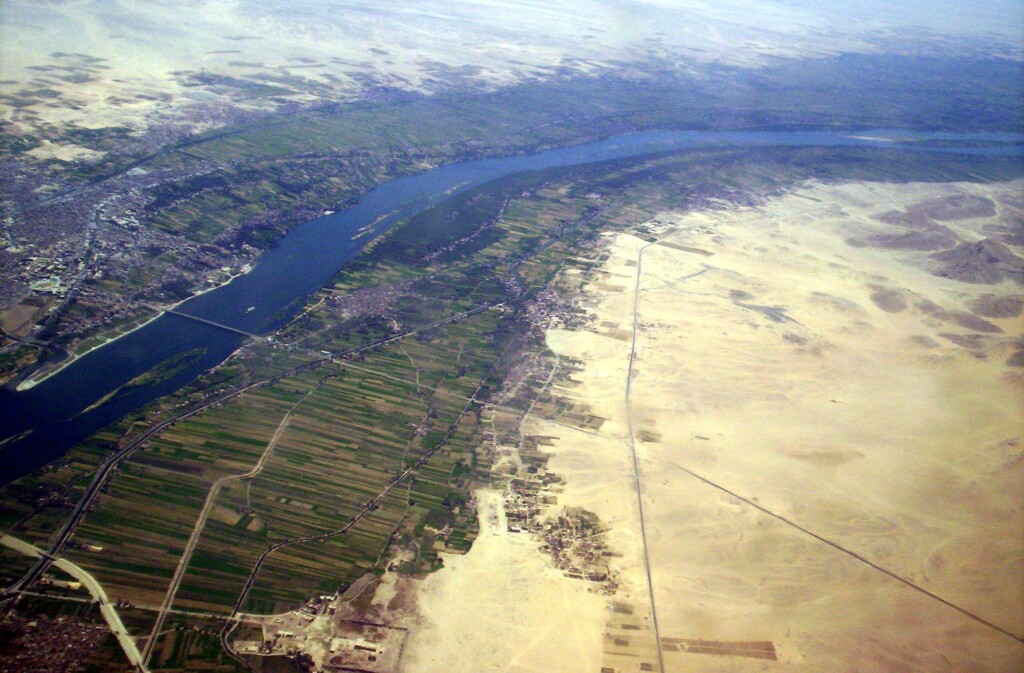Ethiopia to inaugurate GERD in September, invites Sudan and Egypt

Ethiopia's move to fill the GERD reservoir could reduce Nile flows to fertile land such as Luxor, Egypt, by as much as 25 per cent (Photo: Bionet)
Ethiopian Prime Minister Abiy Ahmed announced on Thursday that the Grand Ethiopian Renaissance Dam (GERD) will be officially inaugurated this September, hailing the massive hydropower project as a symbol of regional cooperation and mutual benefit.
Addressing the Ethiopian parliament yesterday, Ahmed dismissed concerns raised by critics by extending an invitation to Sudan, Egypt, and all Nile Basin countries to attend the ceremony, adding, “We have no ill intention; we don’t want Egypt and Sudan to be harmed.”
“The Renaissance Dam is not a threat, but a common opportunity,” he said. “The energy and development it will provide will advance not only Ethiopia, but the entire region.”
He insisted that the dam had not affected Egypt’s Aswan Dam, nor caused any measurable water loss, and reaffirmed that Ethiopia’s development will not come at the expense of its neighbours.
In an interview with Radio Dabanga, Sudanese international law expert and water specialist Dr Ahmed El Mufti expressed scepticism over the Prime Minister’s remarks, describing them as “not new” and “repeated since 2011 without being matched by actions that reflect cooperation or good faith.”
“All steps to construct and operate the dam were carried out unilaterally, despite objections from Sudan, Egypt, the Arab League, and the African Union,” El Mufti said.
He called the upcoming inauguration “provocative” and “a clear disregard for the international community,” warning that unless disaster strikes in the form of water shortages or safety failures, “this situation is likely to continue.”
Launched in 2011 with a $4 billion budget, the GERD is Africa’s largest hydroelectric project and a major source of national pride for Ethiopia.
Located on the Blue Nile near the Sudanese border, it is central to Ethiopia’s push to expand electricity access and drive economic growth.
Ethiopia views the dam as essential, but Egypt and Sudan see it as a threat to their share of Nile waters. Built without a binding agreement, the dam has fuelled years of tension over water rights, filling timelines, and regional influence.
A Declaration of Principles signed in 2015 has yet to result in a legal framework.











 and then
and then